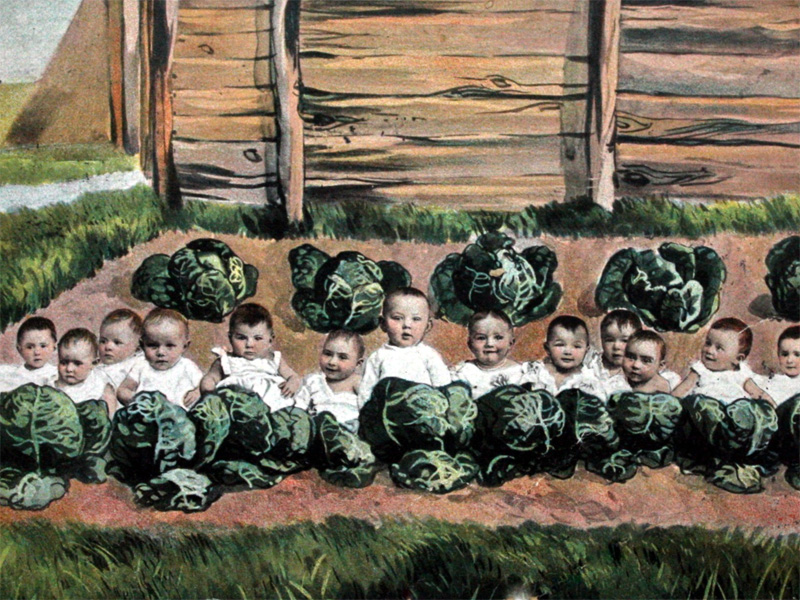New research backs up long-held suspicions that home births are riskier than hospital births
New research backs up long-held suspicions that home births are riskier than hospital births, especially in women giving birth for the first time and in those with a gestation of 41 weeks or more.
The new data found the risk of neonatal death was four times higher in home births compared with hospital births by certified nurse midwives (12 versus 3 per 10,000 deliveries), and that this increased to 23 and 17 per 10,000 in nulliparous women and pregnancies with a gestational age of 41 weeks or more, respectively.
Risks were also elevated in women aged 35 years or older, who experienced a neonatal mortality rate of 11 per 10,000.
“This was a great study, and I think it backed up a number of things that have been previously suspected, such as the chance of baby dying during an attempt at a homebirth is higher than a hospital associated birth,” said Professor Steve Robson, president of the Royal Australian and NZ College of Obstetricians and Gynaecologists.
These findings would have a clear impact on the college’s upcoming statement on home births, he said.
“I think one of the big problems that has bedevilled any sort of stance on planned home birth is that it has been really difficult to get good data, and a lot of the data we have is difficult to interpret, or they are old data or they are small studies,” Professor Robson said.
Personal choice was foremost, but that choice must be made by women and families who were very informed and very clear on the risks, he said.
“This research underlines the point that home birth increases the risk to your baby, and it is a serious risk,” he said. “We urge caution.”
The authors analysed the CDC’s linked birth-infant death files to determine the risk of neonatal mortality in home births with additional risk factors. The study group of 13 million deliveries included only singleton births, delivered at 37 weeks or later, with a birth weight of at least 2500 grams and without any congenital anomalies. The researchers controlled for age, parity and post-term dates.
Currently the US obstetrician and gynaecologist group only lists three absolute contraindications to home birth: fetal malpresentation, multiple gestations and a history of prior caesarean.
But the authors of the study emphasised the need to include first-time births and a gestational age of 41 weeks or more to the list, given both risk factors conferred a greater risk of neonatal death than prior caesarean.
They recommended that hospitals should make more of an effort to do fewer interventions so that women could have more of a home-birth-like experience.
Am J Obstet Gynecol 2017; online January


